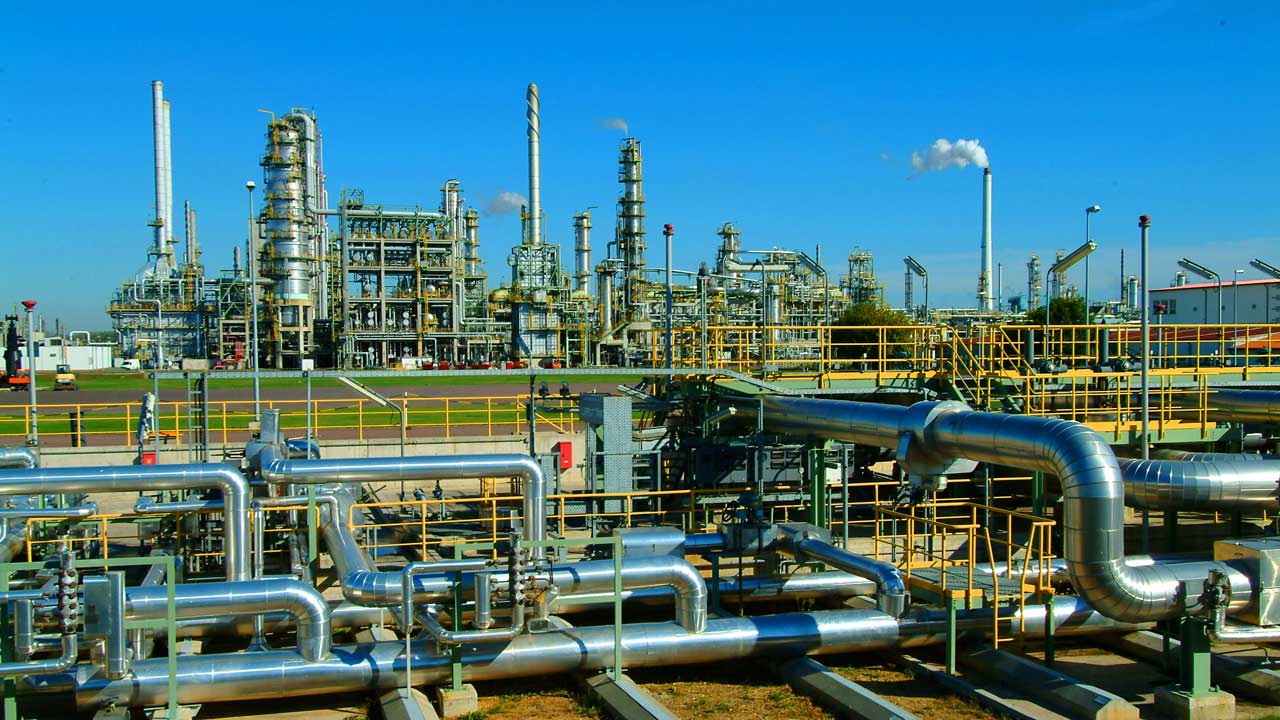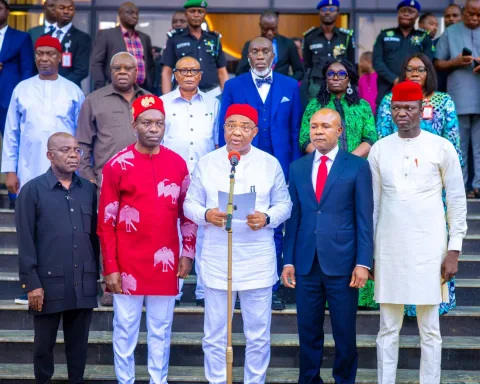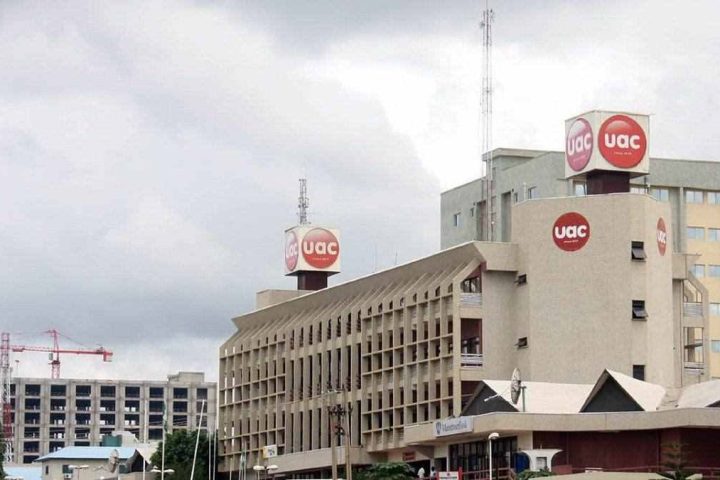Restructuring Nigeria’s Energy Backbone
For over 40 years, Nigeria’s state-owned refineries have largely remained dormant. Despite injecting trillions of naira into maintenance, the facilities in Port Harcourt, Warri, and Kaduna have failed to deliver. Now, the government is embarking on an ambitious journey to privatise these refineries fully, a move sparking hope and skepticism among Nigerians.
President Bola Tinubu’s administration has positioned this decision as a game-changer. Prime Business Africa reported that Sunday Dare, the President’s media adviser, announced, “The full privatisation of Port Harcourt, Warri, and Kaduna refineries is in progress.” However, he refrained from providing specific timelines, fuelling mixed reactions.
Join our WhatsApp ChannelNigerians React to the Refinery Crisis
Amaka Okoye, a Lagos-based entrepreneur, shared her frustration with the current state of refineries: “I grew up hearing about refinery maintenance, yet here we are, still importing fuel. If privatisation is the solution, then the government must ensure transparency this time.”
Similarly, Ademola Olokadana, a mechanical engineer, expressed cautious optimism. “We’re tired of promises. If private operators can fix these refineries and stop the endless fuel queues, then we’re all for it,” he said.
On the other hand, Chijioke Nwankwo, an economist, warned against potential pitfalls. “Privatisation often leads to profit-driven operations. What happens if refined petrol becomes even more expensive for the average Nigerian?” he asked.
Can Privatisation Solve Nigeria’s Refining Problems?
Nigeria relies heavily on imported petrol, draining its foreign reserves and causing recurrent fuel shortages. Experts believe privatisation could help tackle these challenges.
READ ALSO: Dangote Refinery To Supply 28m Litres Daily To Domestic Market Amid Petrol Price Cut
Dr. Olufemi Adebayo, an energy analyst, highlighted the potential benefits: “Private operators are likely to bring in much-needed capital and expertise. If done right, this could revamp our refining capacity and boost energy security.”
However, he cautioned that successful privatisation hinges on robust regulation. “We’ve seen cases where privatisation went wrong due to poor oversight. The government must ensure these operators prioritise efficiency and affordability,” Adebayo added.
Similarly, Professor Rakiya Garba, a petroleum engineering expert, described the move as overdue. “Our refineries have been bleeding money for decades. Private sector involvement might just be the lifeline they need,” she noted. Garba also emphasised the need for public-private collaboration to ensure the refineries’ sustainability.
Bridging the Gap Between Plans and Execution
The Nigerian National Petroleum Company (NNPC) Limited is taking steps to involve credible operations and maintenance firms in running the Kaduna and Warri refineries. In a circular shared via its official X account, NNPCL stated that the partnership aims to address petrol supply challenges while ensuring energy security.
“The focus is on engaging reputable firms to operate and maintain the refineries. This is not just about fixing facilities but ensuring they remain sustainable,” the statement read.
But critics argue that such partnerships need clear frameworks to avoid pitfalls seen in other sectors. Public trust remains low, given past failures in the energy sector.
A Test for Nigeria’s Energy Future
While the privatisation plan has generated buzz, it raises critical questions. Will private operators prioritise the common good over profits? Can the government implement policies to ensure fair pricing and reliable supply?
“Nigeria has the potential to lead in Africa’s refining space,” noted Dr. Adebayo. “But this journey will require political will, transparency, and strong governance structures.”
For citizens like Amaka and Musa, the privatisation of Nigeria’s refineries represents a glimmer of hope. Whether it succeeds will depend on the government’s ability to bridge policy with action, ensuring this bold step delivers on its promises.
Emmanuel Ochayi is a journalist. He is a graduate of the University of Lagos, School of first choice and the nations pride. Emmanuel is keen on exploring writing angles in different areas, including Business, climate change, politics, Education, and others.



















Follow Us